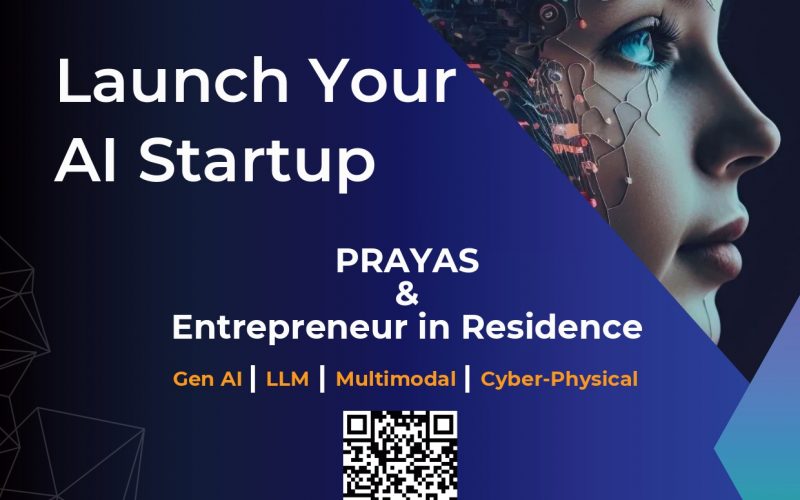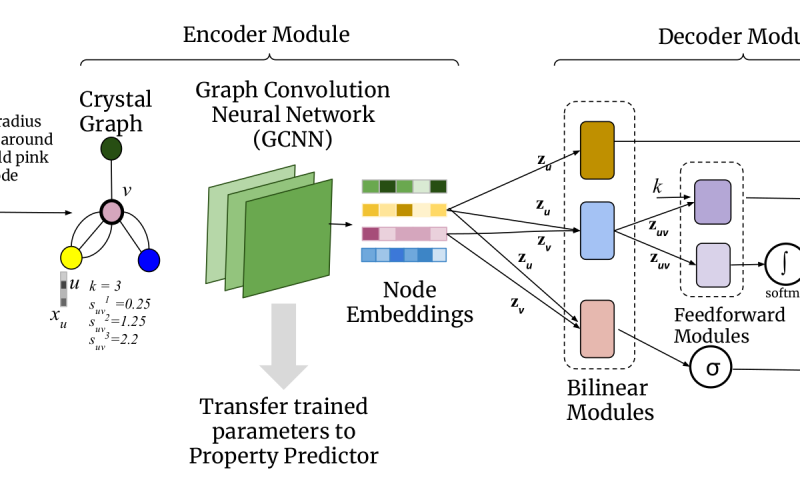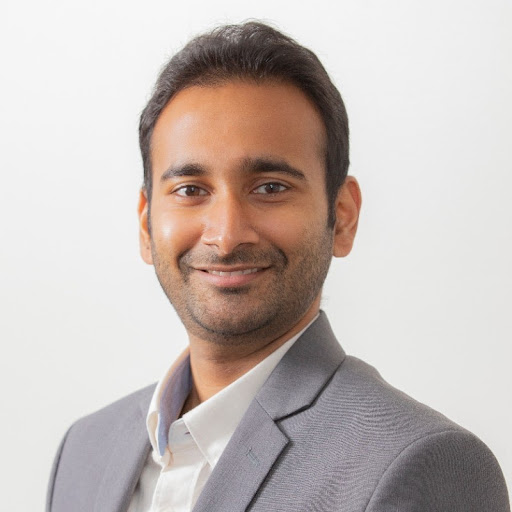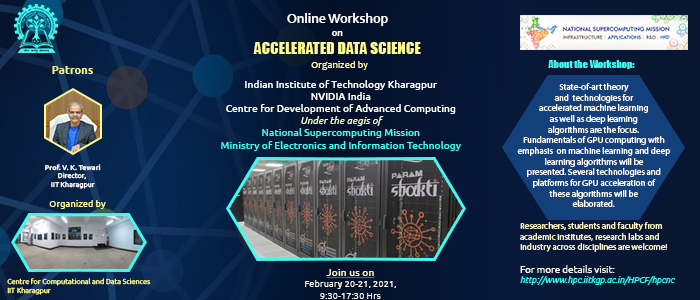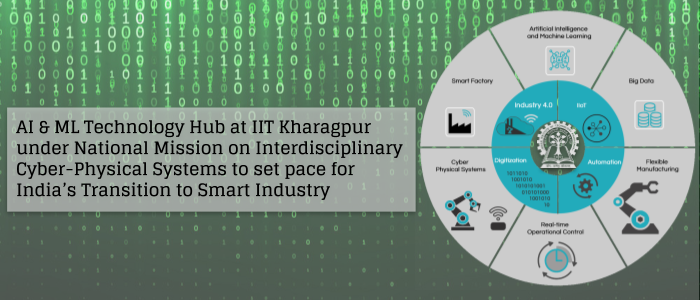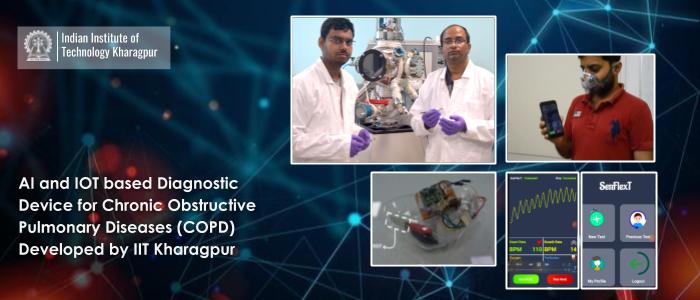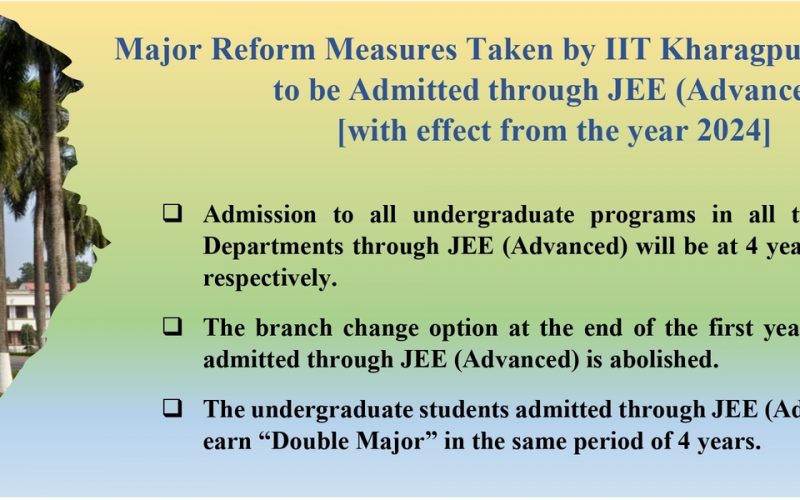
IIT Kharagpur introduces major curriculum reforms for UG students for the academic year 2024-25
In line with the spirit of National Educational Policy (NEP 2020), IIT Kharagpur introduced several path-breaking reforms in its UG programmes starting from the academic year 2024-25. 1. From the academic year 2024-25, admission to all UG programmes will be for 4-year, B.Tech and B.S levels only. The students will get an opportunity to opt for the 5-year dual degree programmes after 2nd or 3rd year of their study. Depending upon their suitability and interest, the students can choose a 5-year dual degree programme in his/her parent department or he/she can also choose the Interdisciplinary Dual Degree Programmes (IDDP) offered…

